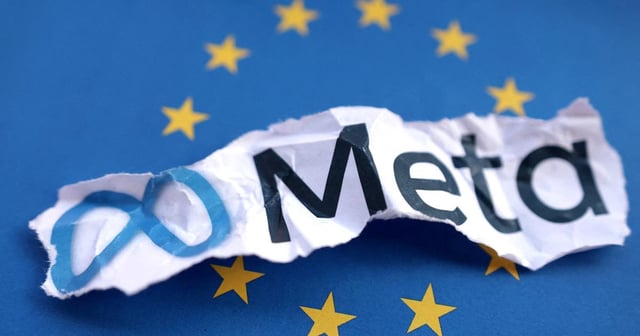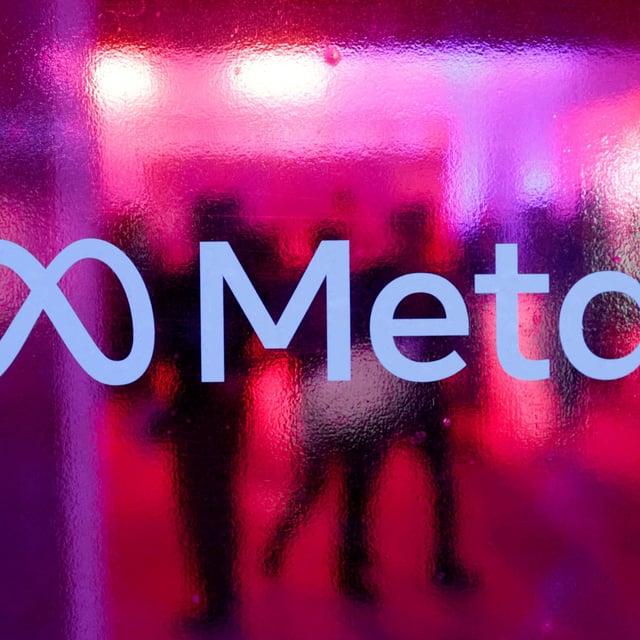Overview
- The investigation examines whether Facebook and Instagram's algorithms cause behavioral addictions in children.
- Regulators are concerned about the 'rabbit hole' effect, where users are led to increasingly harmful content.
- Meta's age-verification tools are under scrutiny for potentially being ineffective.
- The probe is part of the Digital Services Act, which mandates strict child protection measures for large online platforms.
- Meta could face fines up to 6% of its global revenue if found in violation of the regulations.



